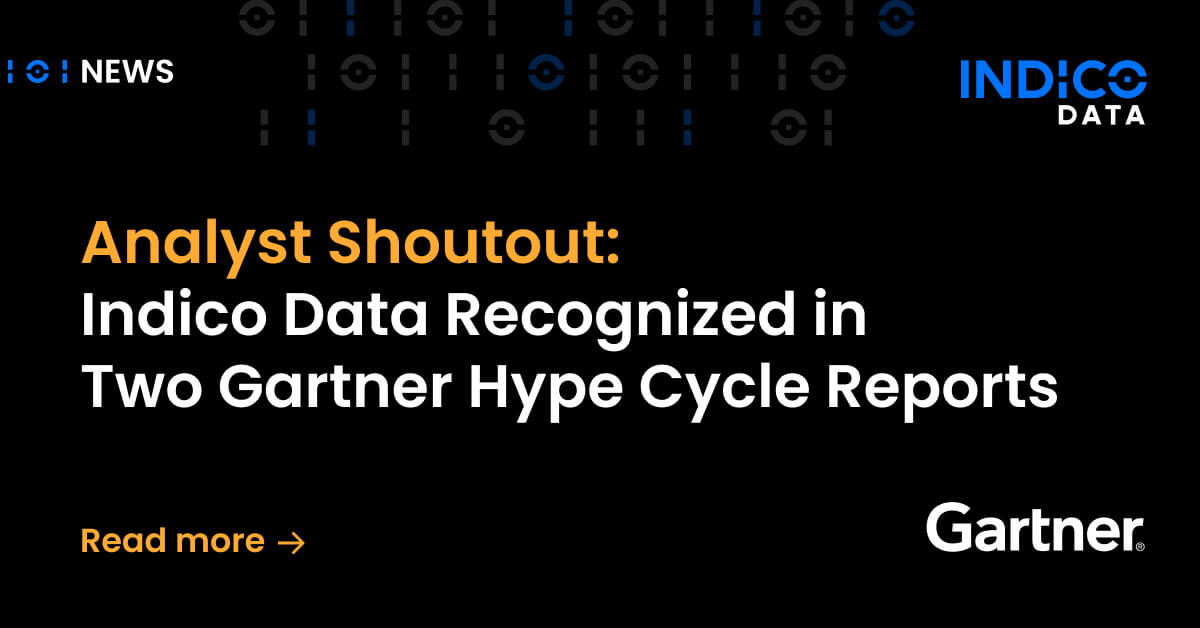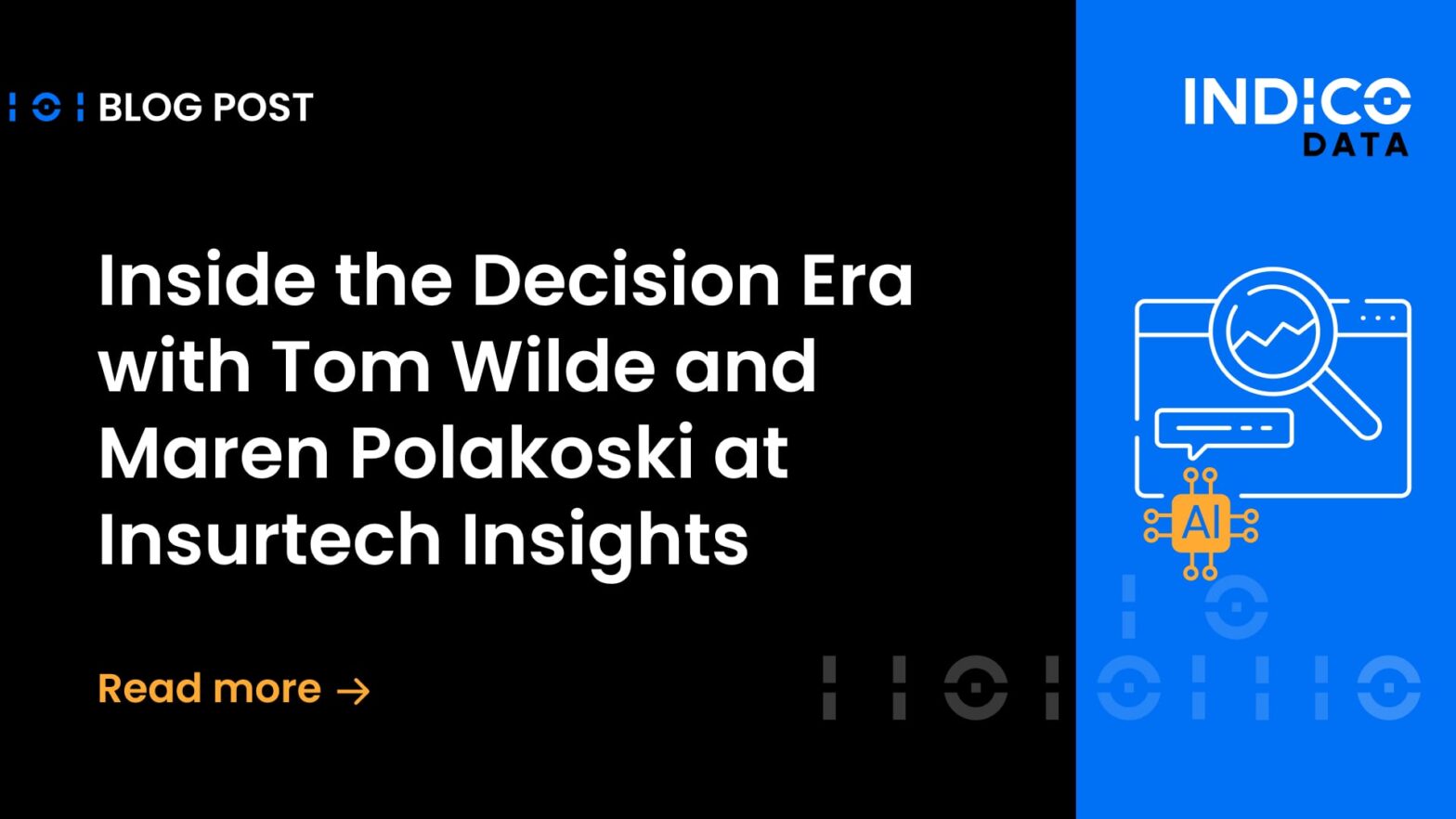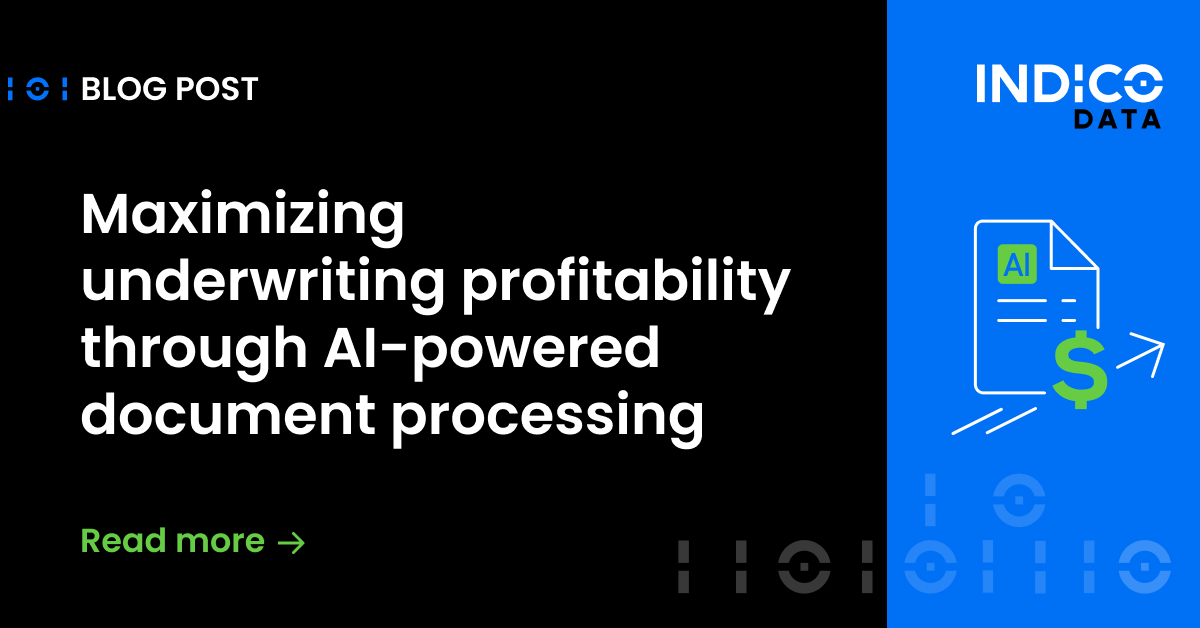In the course of talking with prospects, we often find ourselves having to explain Robotic Process Automation vs. Intelligent Process Automation. It’s a conversation we’re always happy to have because it shows a good level of customer understanding of the artificial intelligence (AI) field and because we have nothing against RPA – in fact, it complements IPA.
But given it is a potential point of confusion, in this blog post we thought we’d tackle the RPA vs. IPA question head-on.
First, by way of background, both RPA and IPA fall under the larger umbrella of business process management (BPM). BPM, which has been around for quite some time, is focused on improving business processes. But it doesn’t necessarily require automation; it could be as simple as improving an entirely manual process by streamlining it to remove unnecessary steps. In short, it’s about using best practices to ensure processes are as effective and efficient as possible.
Defining Robotic Process Automation
Robotic process automation involves automating repetitive tasks to make a process less labor-intensive for humans. It works well with deterministic business processes that involve structured data; in other words, where the process is exactly the same every time and where data is in well-defined fields, such as a spreadsheet. The process also must not require any human judgment, working strictly on “if/then” scenarios.
Example use cases for RPA include aggregating data for financial reports, such as at the end of a quarter. So long as you know where the reports’ data has to come from, and where in the report it’s located, RPA can automate the gathering and aggregation process and get it done far faster than a human. In Banking, RPA can automate the process of copying and pasting customer data from one banking system to the next.
Another example is updating a customer relationship management application with data from sales reports. Here again, so long as the fields the data is coming from and going to are well-defined, RPA could relieve your sales people of the burdensome chore of copying and pasting data from excel into their crm platform.
Defining Intelligent Process Automation
RPA cannot, however, make predictions on data or learn from experience to improve the process like machine learning applications can. RPA does what you tell it to do; no more, no less. RPA also can’t handle unstructured data, such as text and images. It needs to know exactly what data to look for and where to find it.
That’s where intelligent process automation tools can fill the void. IPA has cognitive ability, so it is very well-suited to work with business processes involving unstructured data – all the text and images that make up over 80% of the data that drive many business processes today.
IPA builds on the concept of transfer learning, where a model trained on one task is used for another, related task. Indico have created a base model consisting of more than 500 million labeled data points, enough to enable the model to understand human language and context.
Intelligent automation tools can apply to all sorts of use cases that involve document-based workflows. Banks with detailed processes for appraising and approving mortgages, including data extraction and image recognition, can use intelligent automation tools to automate the process of extracting relevant unstructured data from onboarding documents, as well as to analyze images. Insurance claims analysis is another. IPA solutions can quickly examine hundreds of claims and identify those that may indicate fraud.
Complementary process automation tools
In summary, IPA does not replace or compete with RPA, it complements it. IPA translates the unstructured content into structured data so it can be plugged back into the RPA platform and fed into the customers downstream platform. And IPA is already being applied to a number of common back-office use cases related to legal & compliance, sales & support, and finance & operations. The benefits are real and can include up to 85% faster cycle times; up to a 4X increase in organizational capacity and throughput; and the ability to redeploy valuable resources to higher-value activities for the business.



